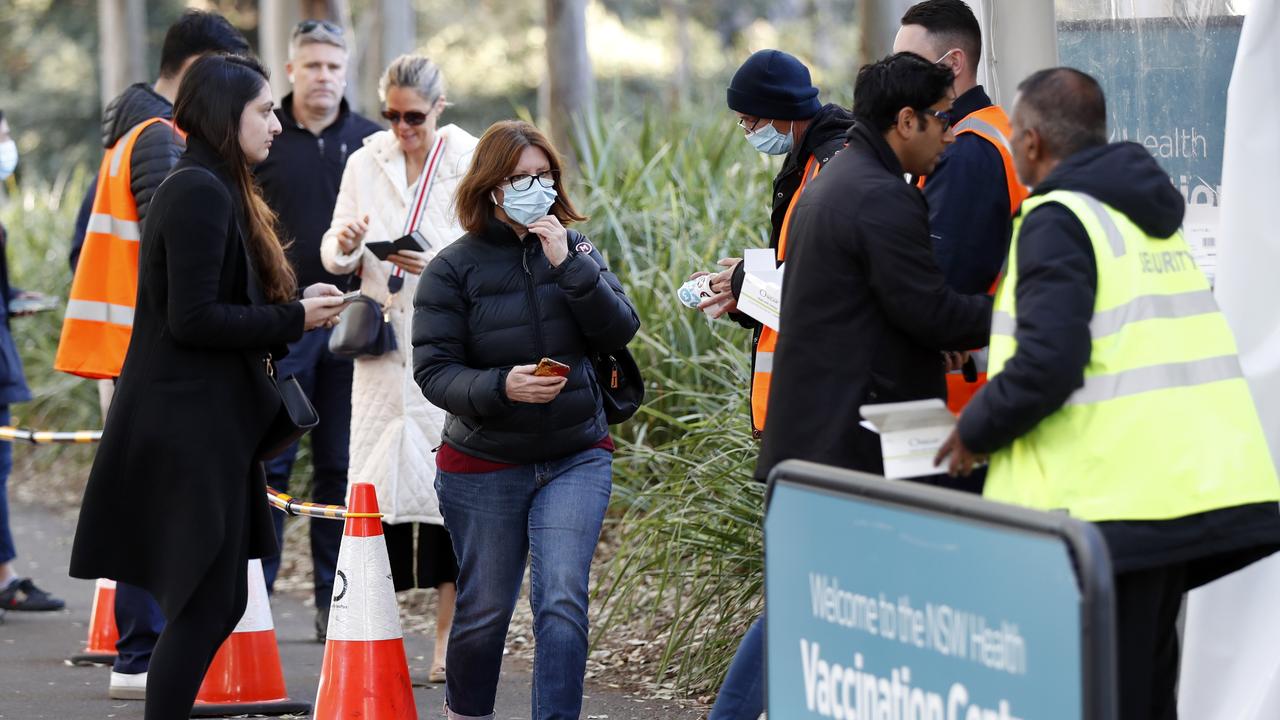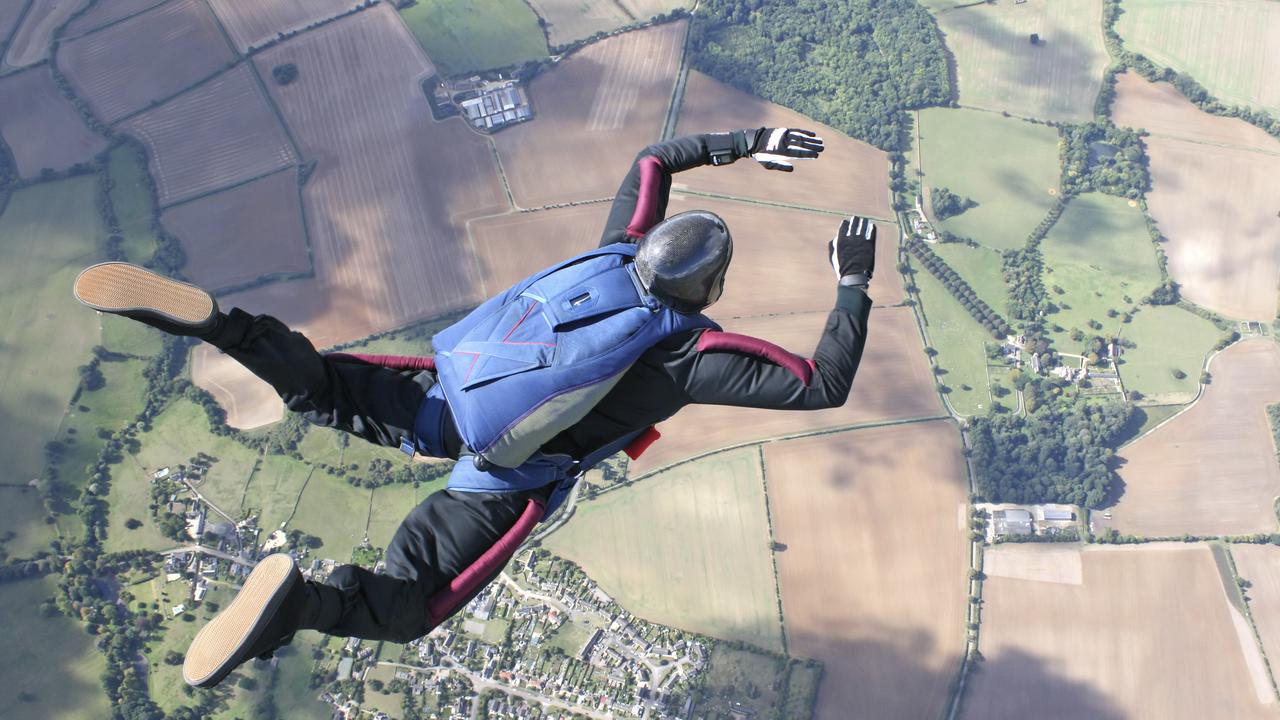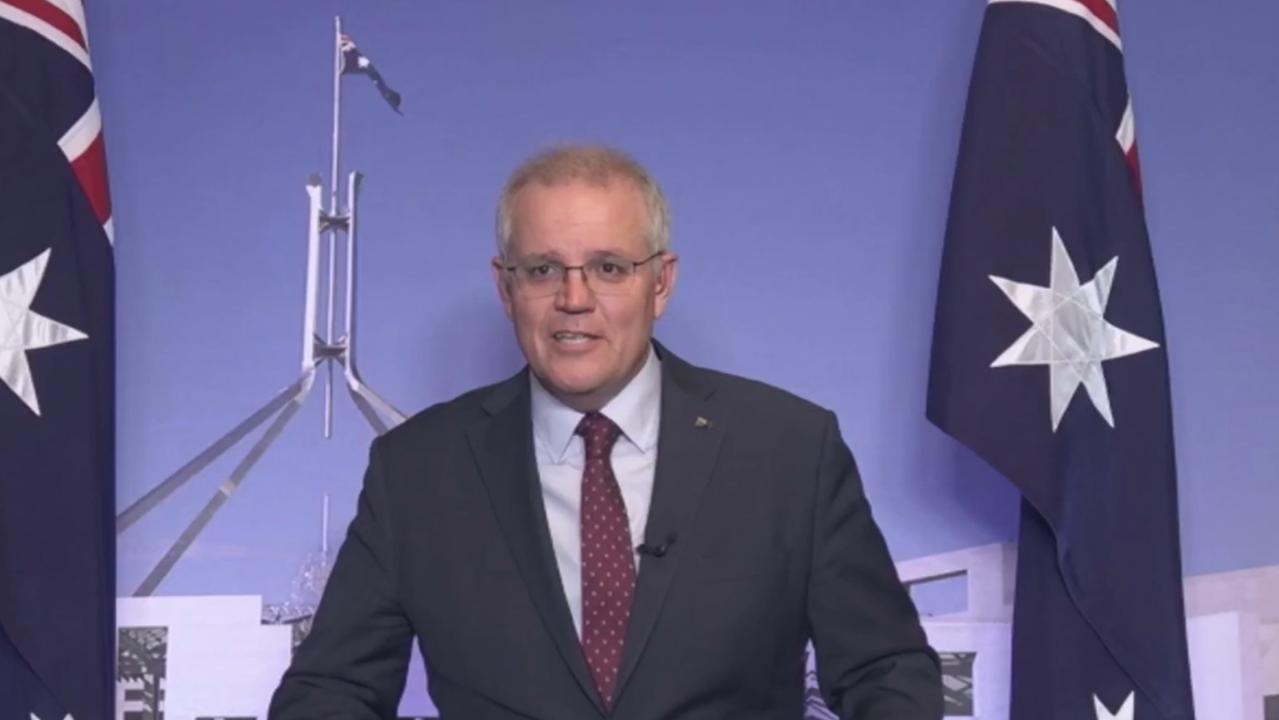Why some young people are more willing to take a risk with the AstraZeneca vaccine
Many older Aussies watched in confusion as younger people rushed out to book an AstraZeneca shot this week. This is why they’re willing to take the risk.

The surprise announcement that younger Australians could finally get vaccinated – if they were willing to accept the blood clot risks associated with the AstraZeneca jab – saw many rush to book an appointment.
The eagerness with which these younger people rolled up their sleeves for the jab may have left many older Australians confused.
Many among the older cohort have been hesitant to get AstraZeneca (AZ) due to the blood clot risk with some suggesting they were even being “sacrificed” as they were older and less useful to society.
However, this week’s events show that many younger Australians don’t share the same views and are willing to get vaccinated even if their risk of blood clots is higher than those who are older, and the benefits are lower.
“I think we have underestimated the impact the pandemic has had on young people, on their education and employment. They’ve also missed so many milestones,” vaccination uptake expert Associate Professor Margie Danchin of Murdoch Children’s Research Institute told news.com.au.
“I think they are looking for a way out of the pandemic and many are very excited to have the chance to get vaccinated.”
University of Sydney vaccination uptake expert Professor Julie Leask explained people often weighed risks differently, and consideration of the factors may not be limited to whether they’re likely to get hospitalised or to die from Covid-19.
Vaccinating against Covid-19 is the only way for Australians to get their normal lives back, but as a nation we’re struggling.
News.com.au’s Our Best Shot campaign answers your questions about the Covid-19 vaccine roll out.
It’s fair to say the vaccine rollout has confused Australians. We’ll cut through the spin and give you clear information so you can make an informed decision.
RELATED: ‘Selfish’ millennials step up to save Australia

“I’m not surprised that some people greatly value having protection right now,” Prof Leask told news.com.au.
She said people were constantly weighing up taking small risks against large benefits – whether it’s to do with taking medicine, going on a car trip or rock climbing.
“For some people, an outcome that’s rare (such as blood clots) is scary enough for them to avoid completely.
“For other people, they focus more on the benefits than the risk.”
She said a vaccination decision was often a personal, or a family/community decision.
“It provides protection from Covid right now and also provides protection to others if they are worried about passing it on,” she said.
“They might want that protection now, rather than waiting until September or after when there are likely to be more doses.”
Prof Leask said some people also considered “anticipated regret”, for example, how they would feel if they got Covid and passed it on to their mum. Others may focus on how they would feel if they got an adverse reaction.
There could also be a “solidarity component” to decision-making, as some would want to get vaccinated for their community and for the nation.
“People are adept at thinking about risk, whether they are young or old, in their everyday life,” Prof Leask said.
RELATED: Risks under-40s are taking with AstraZeneca jab

‘They could be left seriously out of pocket’
However, Prof Leask noted that Australia still did not have a no-fault vaccine injury compensation scheme to cover patients who did get seriously ill from blood clots or had other adverse reactions.
“If they got very sick, they could come out of the hospital having had multiple weeks off work, or have ongoing medical expenses, but there is no compensation,” Prof Leask said.
“They could be left seriously out of pocket.
“Even though they are getting vaccinated for the nation, the nation is not looking after them.
“That’s not fair and it’s not right.”
Prof Leask said experts in the industry had been lobbying the Federal Government to change this but so far nothing had been announced.
Young people may also face a gap fee to consult with a doctor about their vaccine options as not every GP bulk bills.
Prof Leask believes young people should be able to go to state vaccination hubs to get the AZ jab, despite some states saying they did not want to vaccinate them and directing them to GPs instead.
RELATED: How to book to get your AZ vaccine
Prof Leask said a consultation with a GP was preferred as they would be more likely to know the patient’s medical history and could take more time to go through the risks for the individual.
“But people over 60 still face a small risk (in getting AZ) and authorities should have confidence in their consent process (at hubs),” she said.
“There are good, robust consent hubs and they have doctors on site.”
Prof Leask, who is in the 50-59 age group, said she got the AZ vaccine three weeks ago at a state hub and was “very satisfied with the process generally”.
‘Let’s not be too paternalistic’
Both Prof Leask and Prof Danchin point out that the health advice from the Australian Technical and Advisory Group on Immunisation (ATAGI) has not changed, and that AstraZeneca was always an option for those aged under 60 years old, even though it was not the preferred vaccine.
Prof Leask said the confusion surrounding Prime Minister Scott Morrison’s AstraZeneca announcement seemed to be due to a lack of consultation with doctors and other state health authorities.
RELATED: Turmoil among doctors and states over new AstraZeneca rules

In its most recent statement, ATAGI said AstraZeneca could be used in adults aged under 60 “for whom Comirnaty (Pfizer) is not available, the benefits are likely to outweigh the risks for that individual and the person has made an informed decision based on an understanding of the risks and benefits”.
However, because there is so little Covid circulating in the community and because young people are not that likely to get seriously ill or die from the virus even if they do get it, ATAGI does not believe the benefits of AstraZeneca outweigh the risks for young people, which is why it has recommended they get Pfizer.
Queensland chief health officer Dr Jeannette Young told reporters on Wednesday: “I don’t want an 18-year-old in Queensland dying from a clotting illness who, if they got Covid probably wouldn’t die.”
However, this does not mean someone aged under 40 old shouldn’t be allowed to get AstraZeneca if they understand the risks.
“I think we need to give young people enough credit to weigh the risk and benefits and make a decision in light of medical advice,” Prof Danchin said.
“We shouldn’t be too paternalistic.”
Prof Danchin also pointed out many people were still struggling to make appointments to get vaccines and there were a lot of logistical challenges.
“We need to reassure people that the program will open up again, with more choice (of vaccines) over the next three months,” she said.
“I encourage people not to step back and do nothing, but to actively make a decision for themselves and to weigh the risk and benefits.”
Prof Leask said many people were anxious about not being able to get access to the vaccine right now but the best thing to do was to make a decision about getting vaccinated, and to make a plan for when you would book a jab once supply was available.
“Debates occur in high-demand environments with low supply,” she said.
“I think we need to keep trusting that authorities will hold off the rampant spread of the disease with public health measures.”




